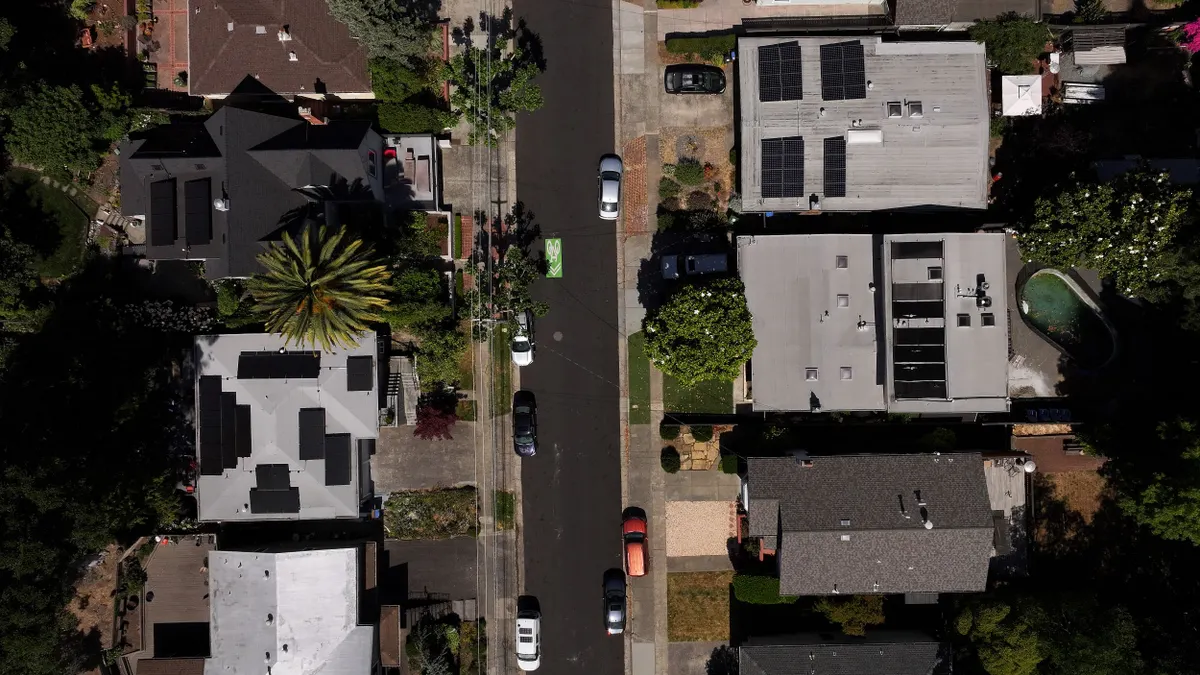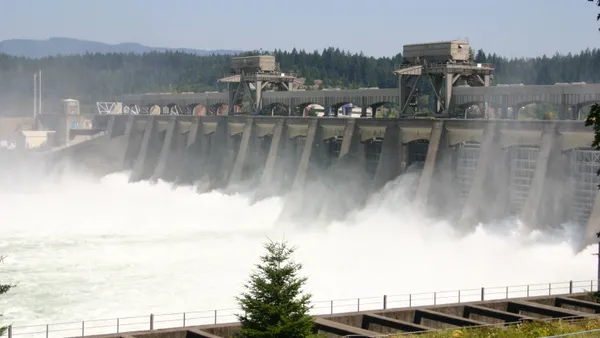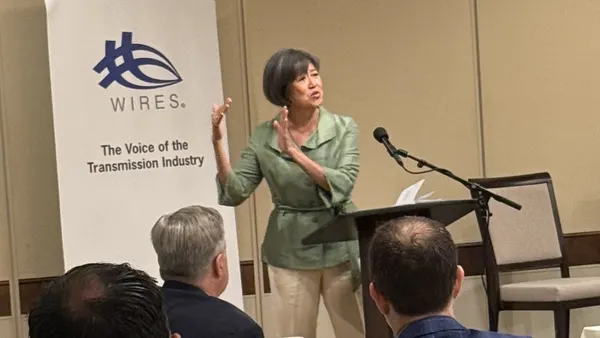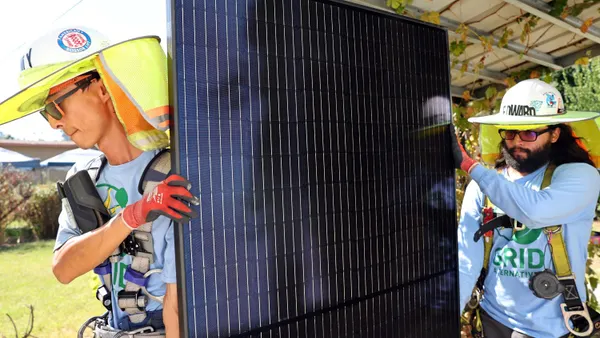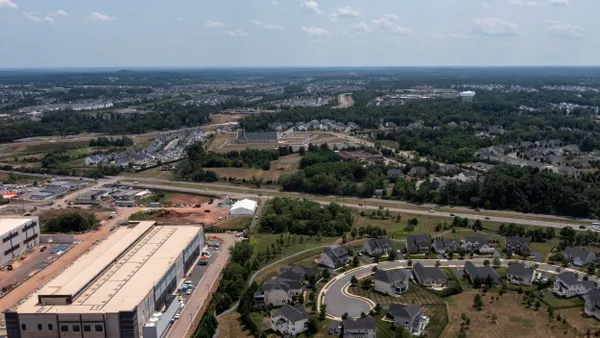Dive Brief:
- "Extreme weather" could result in natural gas shortages and challenges to grid reliability in New England and California this winter, the North American Electric Reliability Corporation (NERC) concluded in its 2020–2021 Winter Reliability Assessment issued Wednesday.
- The grid operator also found that while cold snaps can pose challenges in some specific areas, the ongoing COVID-19 pandemic is causing increased uncertainty in electricity demand projections and "presents cyber security and operating risks" more broadly.
- ISO New England (ISO-NE) says it expects to have "sufficient supplies" to meet electricity demand this winter and also has new procedures in place to mitigate potential fuel shortages. In California, gas storage facilities are being filled in preparation for colder months.
Dive Insight:
There is sufficient generating capacity to meet power demand this winter, but NERC sees the potential for fuel-related complications and warned that grid operators must keep worker safety at top of mind given new pandemic-related operating conditions.
“Overall, industry takes winter reliability risks very seriously," Mark Olson, NERC's manager of reliability assessments, said in a statement. "Our extreme weather scenarios help stakeholders prepare for situations where winter conditions threaten resource adequacy, potentially forcing grid operators into emergency actions like demand curtailment."
The ongoing pandemic "is causing increased uncertainty in electricity demand projections and presents cybersecurity and operating risks," the report concludes. However, it also notes that "no specific threats or degradation to the reliable operation of the [bulk power system] are identified for this assessment period."
According to NERC, owners of Bulk Power System (BPS) facilities are managing a backlog in generator and transmission maintenance impacted by the COVID-19 pandemic, in addition to normal winter preparations.
"Generator maintenance scheduling and outage coordination in the beginning of the winter season must be closely monitored," NERC warned. "If maintenance is not able to be performed, forced outages may escalate."
NERC said that while ISO New England (ISO-NE) expects to meet its regional resource adequacy requirements this winter, "a standing concern is whether there will be sufficient electrical energy available to satisfy electricity demand while satisfying operating reserves during an extended cold spell given the existing resource mix and seasonally-constrained, fuel delivery infrastructure."
ISO-NE plans to issue its own winter outlook in early December. In an emailed statement, the grid operator said it expects "to have sufficient supplies to meet both consumer demand and to maintain our required operating reserves."
But ISO-NE also said that the availability of fuel for power plants "remains a concern during extended periods of extremely cold weather due to natural gas pipeline constraints in the region."
The grid operator said it has developed additional communications, fuel inventory monitoring and operating procedures, for managing and preparing for extended periods of extreme cold. Those include collecting actual fuel inventories each week in order to provide assessments for the next three weeks.
According to the New England grid operator, "absent abnormal extreme weather and or supply logistic issues" the region "is ready to meet our forecast electricity load and maintain system reliability heading into the winter of 2020/21."
NERC noted gas reliance is also an issue on the west coast.
California and the southwest area in the Western Interconnection rely on gas-fired generation capacity for over 60% of their on-peak demand, according to NERC's assessment. "However, the area has limited natural gas storage and lacks redundancy in supply infrastructure," it warned.
As a result, the report said electric generators face risk of fuel supply curtailment or disruption from extreme events, including potential natural gas pipeline disruptions or freezing temperatures at natural gas production well-heads that reduce the flow of natural gas into the area.
"Because most on-peak demand is served by natural-gas-fired generation, impacts to fuel supplies can result in energy emergencies on the BPS with a potential for load impacts," NERC found.
Asked about winter preparations, the California ISO pointed to a Southern California reliability assessment, completed by staff of the California Public Utilities Commission. It says new gas transmission capacity is helping to fill storage facilities, but the novel coronavirus complicates the grid situation.
"Looking forward, gas demand projections may not be as accurate and maintenance schedules may change as a result of the COVID-19 pandemic," according to the California assessment. "Furthermore, potential demand forecasting errors may result in an increased need to withdraw gas from storage."






